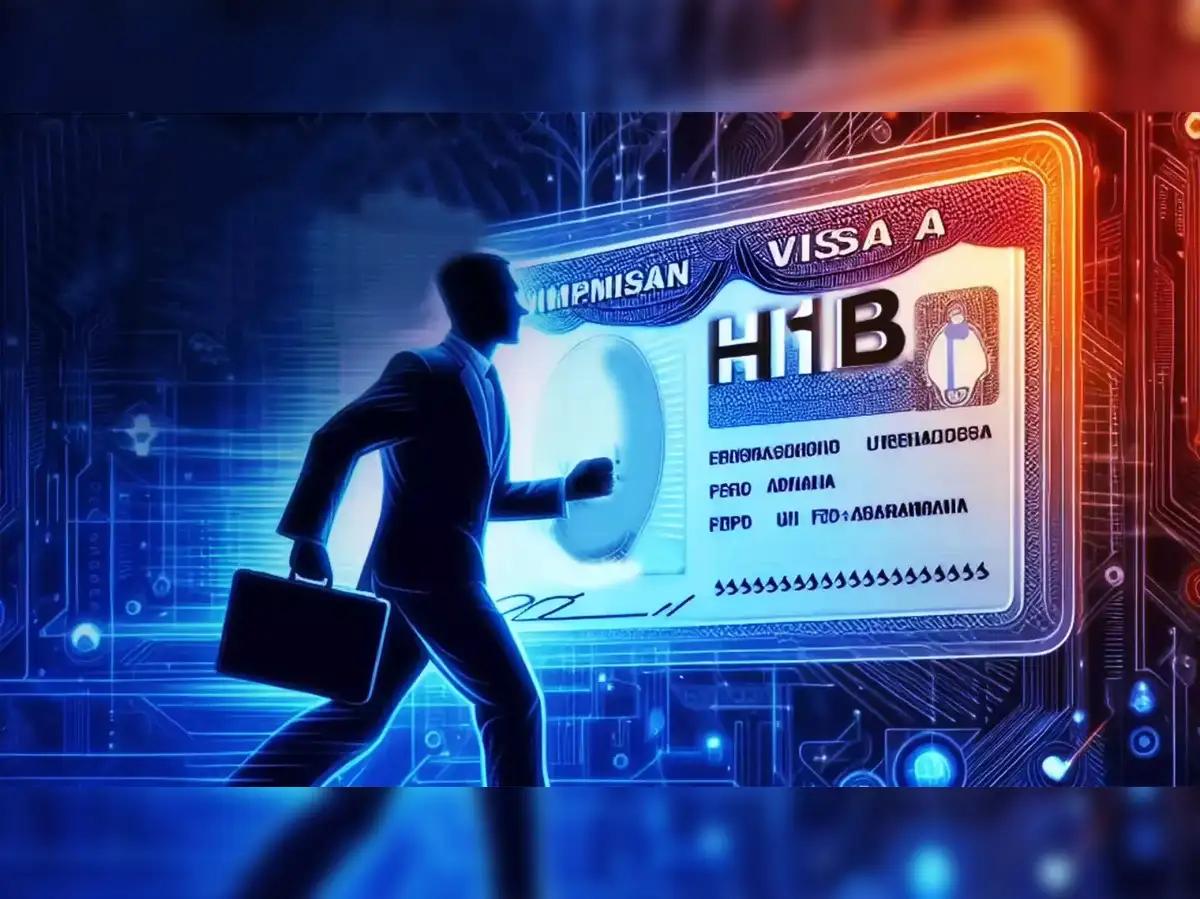 Image Source: Economic Times
Image Source: Economic Times
In a dramatic shift that could reshape global talent strategies, major US banks are recalibrating their workforce models following President Donald Trump’s recent executive order imposing a $100,000 fee on new H-1B visa applications. The move, aimed at protecting American jobs, has triggered a wave of strategic reassessments across Wall Street, with firms now leaning more heavily on their Indian Global Capability Centers (GCCs) to maintain operational efficiency and access skilled talent.
The H-1B visa program has long been a lifeline for US tech and finance sectors, enabling companies to hire specialized workers from abroad. With Indian nationals making up over 72 percent of H-1B beneficiaries, the new fee disproportionately impacts Indian professionals and the companies that rely on them. In response, banks like Citigroup, JPMorgan Chase, Goldman Sachs, and Bank of America are expected to deepen their presence in Indian tech hubs such as Mumbai, Bengaluru, and Hyderabad.
Key Highlights from the Strategic Shift
Trump’s executive order enforces a $100,000 fee on new H-1B visa applications, effective September 21, 2025.
The fee applies to new entrants and returning visa holders requiring stamping, but not to existing H-1B holders renewing within the US.
US banks are expected to expand operations in India to bypass visa-related costs and restrictions.
India’s GCC market, valued at $64 billion, is projected to reach $110 billion by 2030, with up to 2,500 centers.
Why India Is the New Talent Frontier
Cost Efficiency and Skilled Workforce
Indian GCCs offer access to software engineers, quantitative analysts, and financial specialists at significantly lower costs.
These centers already employ over 1.9 million professionals and handle critical functions such as trading support, risk management, and tech assistance.
Existing Infrastructure and Scale
Citigroup has 33,000 employees in India, Bank of America over 27,000, and JPMorgan around 10,000.
These numbers are expected to grow as banks shift more roles offshore to avoid visa-related disruptions.
Strategic Flexibility
According to experts like Umesh Chhazzed of Anlage Infotech, unless offshoring is restricted, banks will increasingly rely on Indian centers.
The move allows firms to maintain continuity in operations while navigating evolving immigration policies.
Industry Response and Caution
While the shift is underway, banks are not rushing into decisions.
Financial advisory firms like NeoStart Advisors suggest that institutions are calibrating strategies and awaiting further clarity.
JPMorgan’s Asia-Pacific head, Sjoerd Leenart, noted that the fee does not apply to current visa holders, offering temporary relief.
Broader Implications of the Visa Fee Hike
The $100,000 fee marks a steep increase from previous administrative costs of around $1,500.
It could cost employers hundreds of thousands of dollars over a typical three-year visa cycle.
Legal experts warn that the policy may backfire by pushing innovation and jobs offshore, especially in sectors dependent on global talent.
India’s Rising Role in Global Finance
India is emerging as the backbone of international banking operations, driving compliance, technology, and innovation.
Law firms like Trilegal highlight that the new visa restrictions will accelerate this trend.
A 2023 study in Management Science found that globalized firms tend to hire abroad for every visa rejection, reinforcing the offshoring model.
Conclusion
President Trump’s H-1B visa fee hike may have been designed to protect American jobs, but its ripple effects are already being felt across continents. As US banks pivot toward India’s thriving GCC ecosystem, the move underscores the interconnected nature of global finance and talent. With India poised to play an even larger role in back-office and strategic functions, the country’s tech hubs are set to become the new nerve centers of Wall Street.
Sources: Bloomberg, Moneycontrol, Times of India, News18
Please get more news
The Road To Rs 1.3 Billion: India-New Zealand FTA Talks Heat Up In 2025
Advertisement
Advertisement





